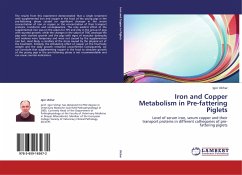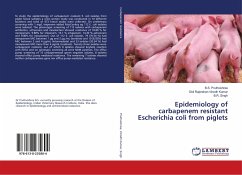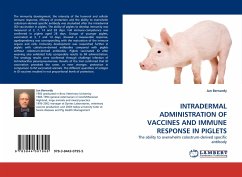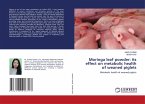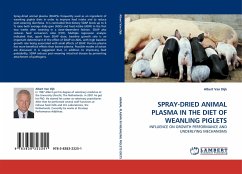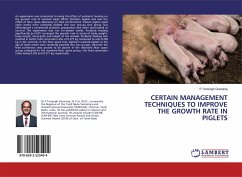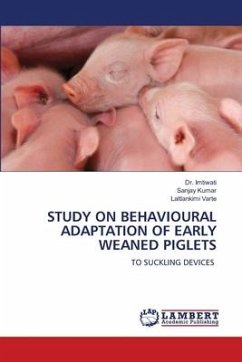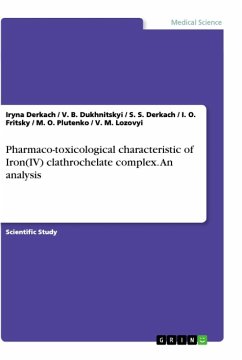The results from this experiment demonstrated that a single treatment with supplemented iron and copper in the food of the young pigs in the pre-fattening phase caused no significant changes in the serum concentration of iron or copper or the concentration of their transport proteins, transferrin and ceruloplasmine. The only evident effect of the supplemented iron was on the values for TPS and only in the group of pigs with stunted growth, while the changes in the values of TIBC amongst the pigs with stunted growth and the pigs with signs of muscular dystrophy and oedema were temporary and were not caused by the supplemented iron but, most likely, a corollary of the stress caused by the physical act of the treatment. Similarly, the stimulating effect of copper on the final body weight and the daily growth remained unconfirmed. Consequently, we can conclude that supplementing copper in the food to stimulate growth of the young pigs in the pre-fattening phase is not recommendable and can cause counter-indications.

